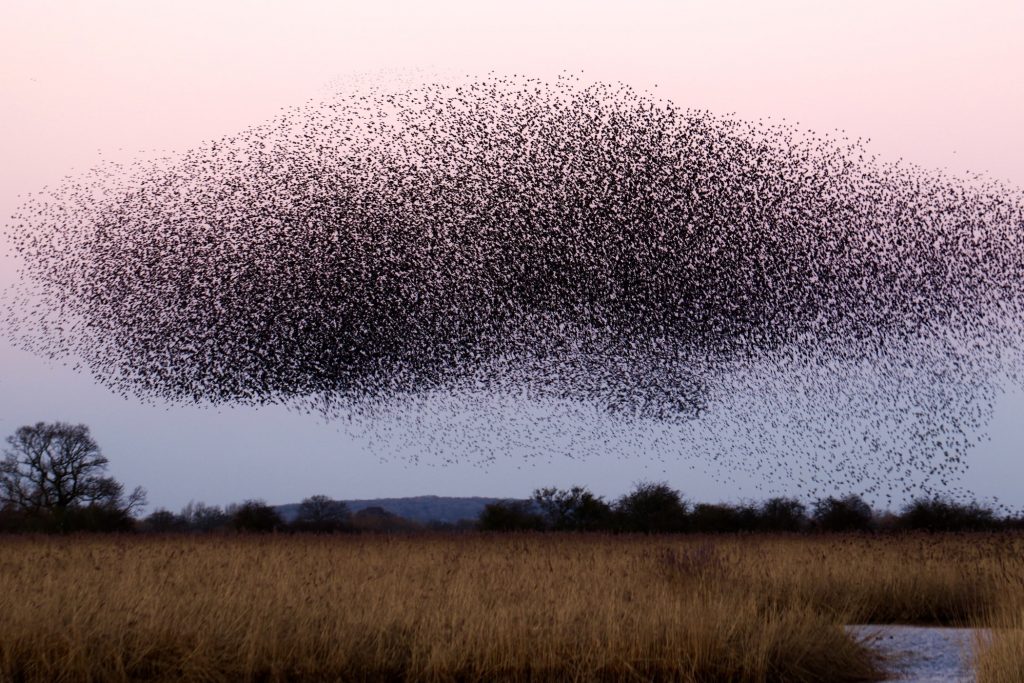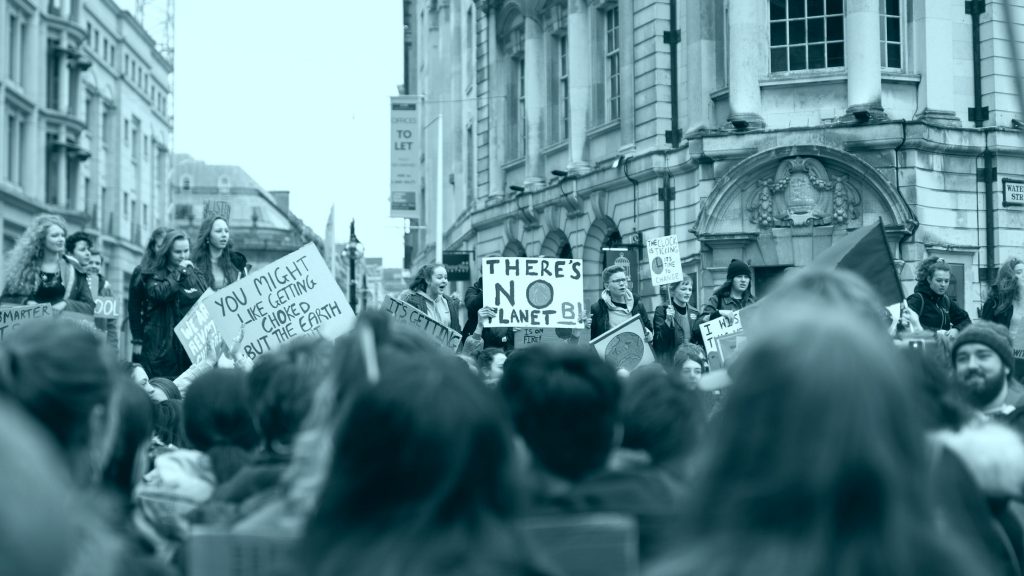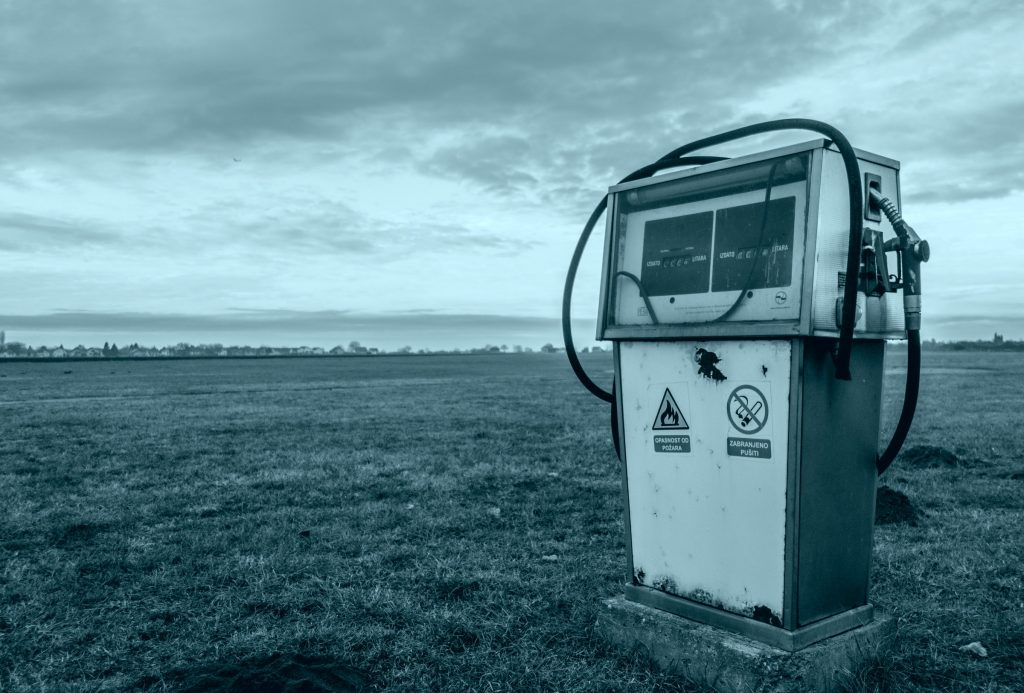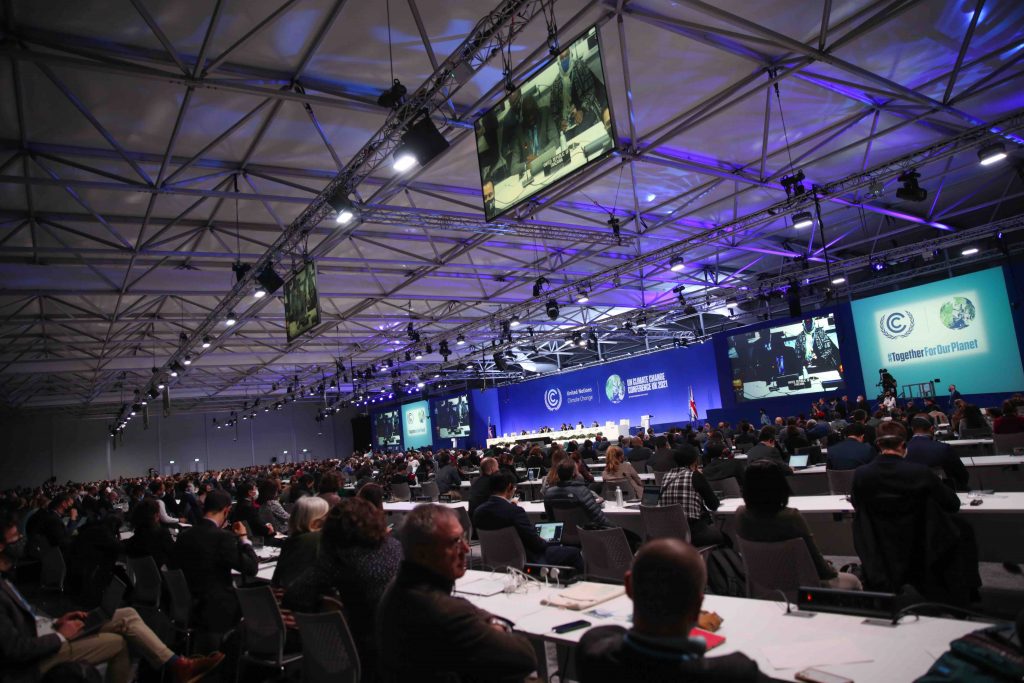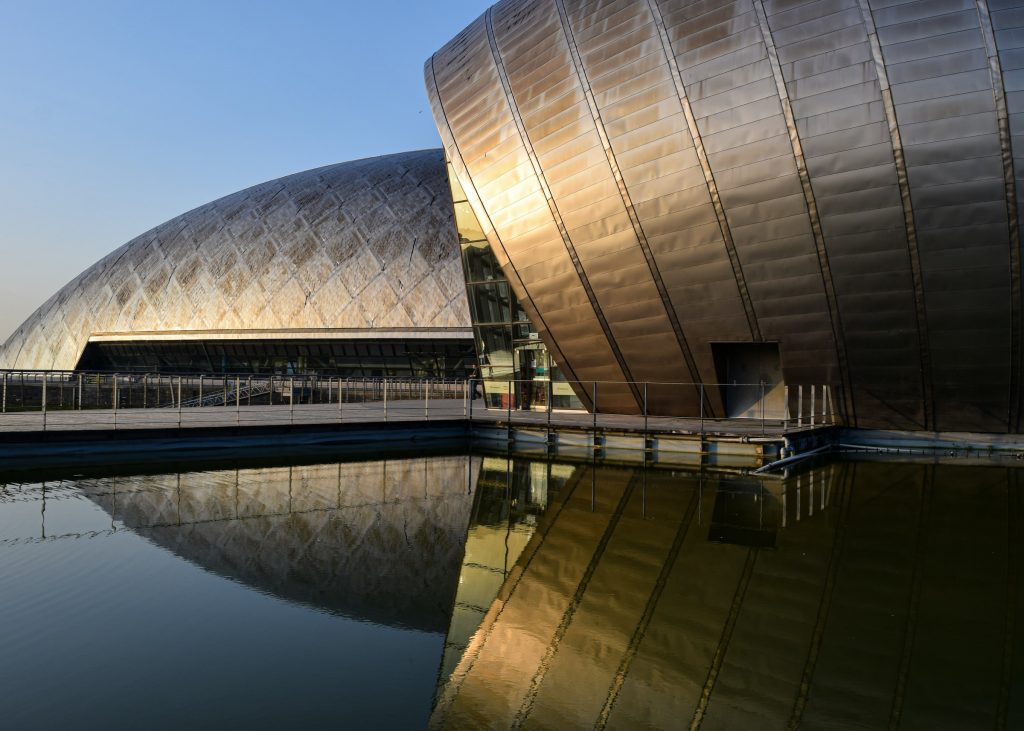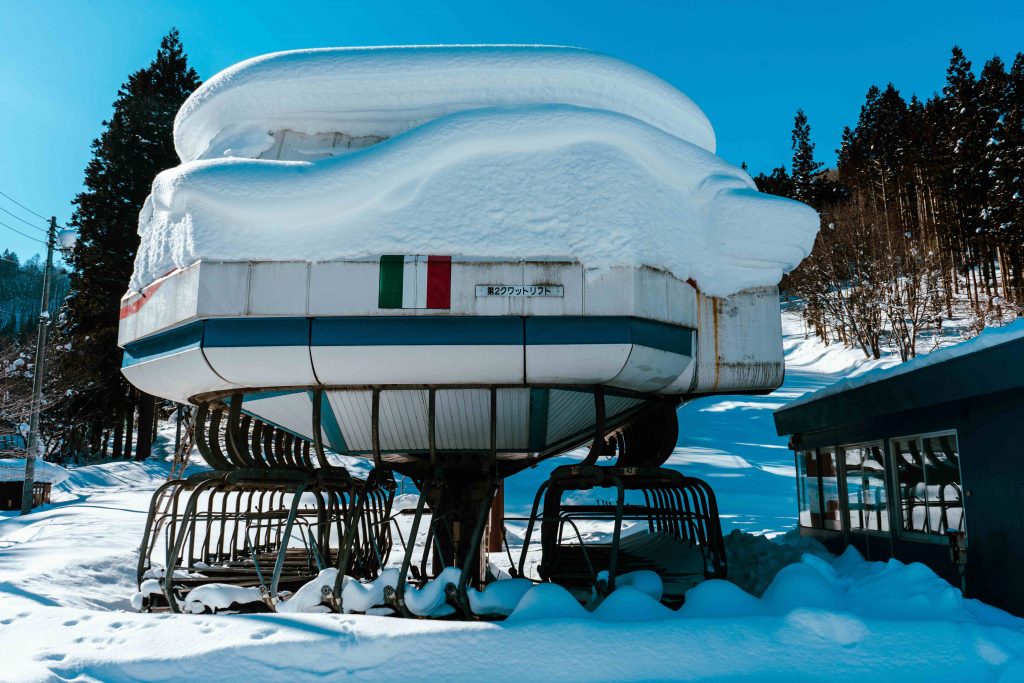
Winter sports in the grip of climate change
Ski resorts across the Alps are struggling in the face of yet another year with record-low snowfall. But it isn’t just a European phenomenon. All around the globe, researchers are studying how climate change impacts current and future snowfall patterns. And it’s bad news for snow lovers everywhere, with a significant financial burden falling on entire economic sectors.

